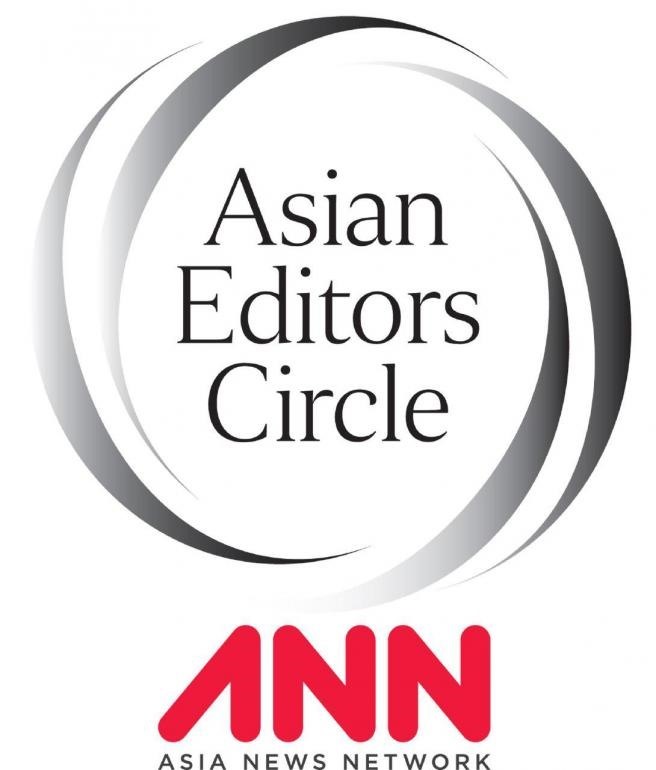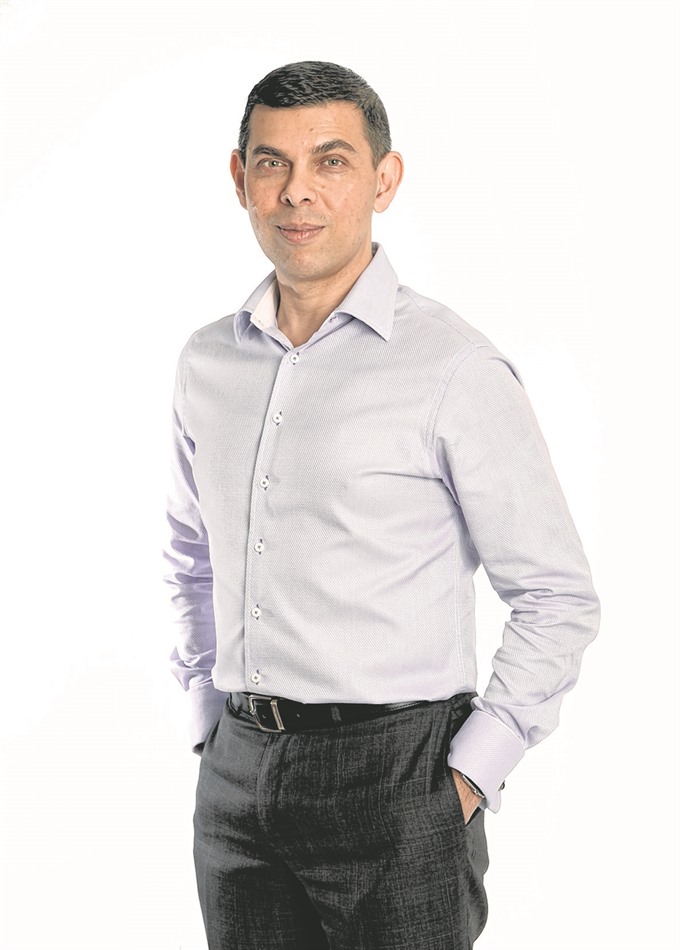 World
World

Globalisation's chief supporters meet at a time when system they shaped is most under threat
 |
By Warren Fernandez*
As you read this, thousands of business and government leaders will be making their way to Switzerland - by plane, road, rail, or even helicopter - for an annual meeting to discuss the world’s most pressing concerns.
They will brave snow and frigid cold - forecasts are for temperatures to dip to minus 17 deg Ctomorrow - and a three-hour car ride from
Hundreds of aides, academics and journalists, myself included, will be there to join in and follow their discussions.
When these leaders met last January, there was much talk about what the future might hold in the face of rapid and relentless technological change. Minds were focused on developments in robotics, artificial intelligence, virtual reality and 3D printing, and many questions were raised about what these entail for businesses and their workers, indeed for the very nature of work, and leisure.
Few, however, saw or spoke about the prospects of Brexit or the rise of Mr Donald Trump. Sure, there were a few tentative questions raised about these, which were more often than not laughed aside as long shots not to be taken too seriously.
So Davos man - as this elite group is sometimes derisively called - will have much pondering to do. For while it was right that they focused their sights on the trends that will shape the future, how did they not see the icebergs lying more immediately ahead, which now impede the once-seemingly inexorable path forward to further economic integration and progress?
While past discussions had focused on the economic and social disruptions to come, Davos delegates will now have to recognise that the future economy they had envisioned is unfolding in a range of sectors, much sooner than most imagined, and worse, a wider Disruption 2.0 is under way, amid major shocks to the underlying global operating system that the WEF has long championed.
The consensus based on the virtues of globalisation, the benefits of immigration and gains from free trade is now under grave threat. Politicians have tapped into latent anxieties, alienation and anger felt by electorates in countries, from the
Little wonder then that the WEF has made "responsive and responsible leadership" the theme for this year’s discussions.
Its founder and executive chairman, Professor Klaus Schwab, who has a knack for crystallising the zeitgeist of the times, summed this up in an essay published last Wednesday.
He wrote: "Leaders have to be responsive and responsible; they must understand that we are living in a world marked by uncertainty, volatility and deep transformational changes. Many people are living in precarious situations and searching for identity and meaning in a fast-changing world...
"It is the daunting task of today’s leaders to take the right decisions in a complex world that suffers from many legacy issues and emotional turmoil. There cannot just be a return to basics! There has to be a recognition that we are in unmapped territory, which places the status quo, and by extension leaders themselves, into question."
The German-born, Geneva-based professor who presides over the WEF is a thoughtful man not given to hyperbole. His clarion call will ring louder in the face of recent developments, as well as several events playing out this week, as the Davos deliberations unfold.
These include the keynote speech to be delivered on Tuesday at the Congress Centre by Chinese President Xi Jinping, making his Davos debut. Going by what his aides have been telling the media, he will make a pitch for "inclusive globalisation" and warn that populist pressures could lead to "war and poverty". He will assert
His statements will be welcomed by those who have been calling on
In a similar vein, anxieties also loom about
And then there is the incoming President Trump, who will be sworn in on Friday.
Globalisation’s chief advocates will watch with much irony, and not without trepidation, as one of their harshest critics takes the reins in the very country that has done the most to promote the present economic and political order from which they - and yes, we - have all gained.
The Trump administration faces as many challenges as it poses. Questions remain over its alleged links to
Add to this mix uncertainties over upcoming elections in
Underlying these more immediate geopolitical developments, however, remain the deeper and more relentless concerns about rising income inequalities and unemployment in societies around the world. Like it or not, these will have to be dealt with - the WEF has flagged the need for faster and more inclusive economic growth - regardless of how the political events mentioned before play out.
So, as Dr Olga Oliker, the director of the
How to make sense of these unusual times, when pollsters, pundits and politicians have all seemed to fail us so miserably in recent months?
Delegates might do no worse than to turn to history and heed the wise words of
After all, history reminds us that previous Russian regimes in the 1960s had similarly sought to influence American elections, while Singaporean officials, too, have been caught in compromising positions, such as when cypher officer Alan Wee Kheng Soon was jailed for 10 years in 1980 for passing sensitive information to a Moscow spy lady he had consorted with.
So, in a curious way, we have been here before, and might draw some lessons from the past as we find our way forward.
This is what a panel of eminent historians, including Professor Lawrence Freedman from King’s College London, Professor Margaret MacMillan of Oxford University, and Professor Patrick McCray from the University of California in Santa Barbara, among others, will attempt to do in a session titled Back To The Future: Lessons From The 20th Century For The 21st, which I will have the pleasure of moderating on Tuesday evening.
In a column published recently, one of those who will also be on the panel, Professor Nouriel Roubini of
He wrote: "As in the 1930s, when protectionist and isolationist
"But the
So, amid the freezing cold, the Davos discussions this year will have to be infused with not just the usual heart-warming messages of hope in the face of long-term fears, but also a pressing sense of urgency to ponder and put right the many global fires that are raging or might yet be unleashed, if indeed the delegates who come to the WEF are to deliver on its lofty commitment to "improving the state of the world". — The Straits Times/ANN
 |
| Warren Fernandez |




